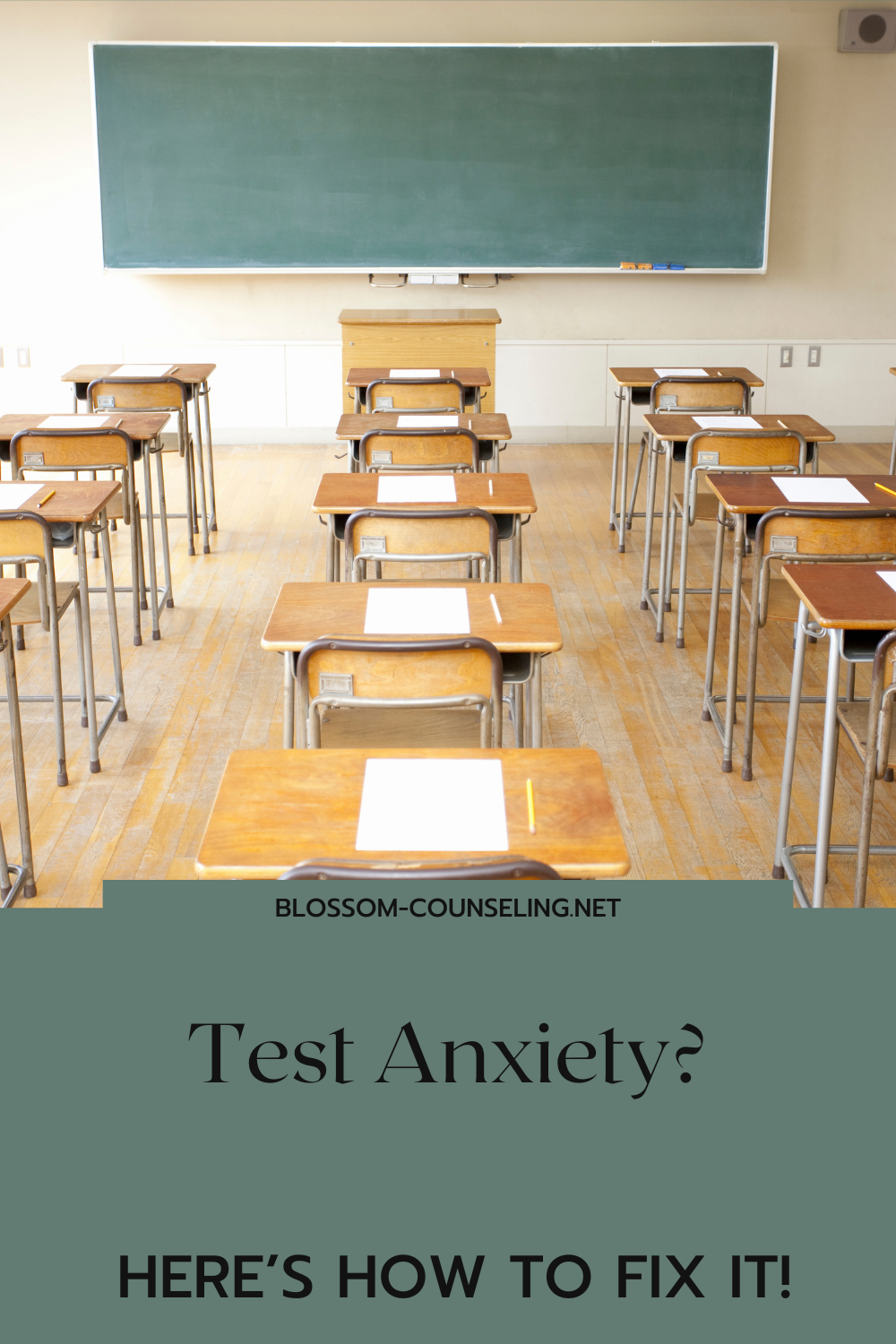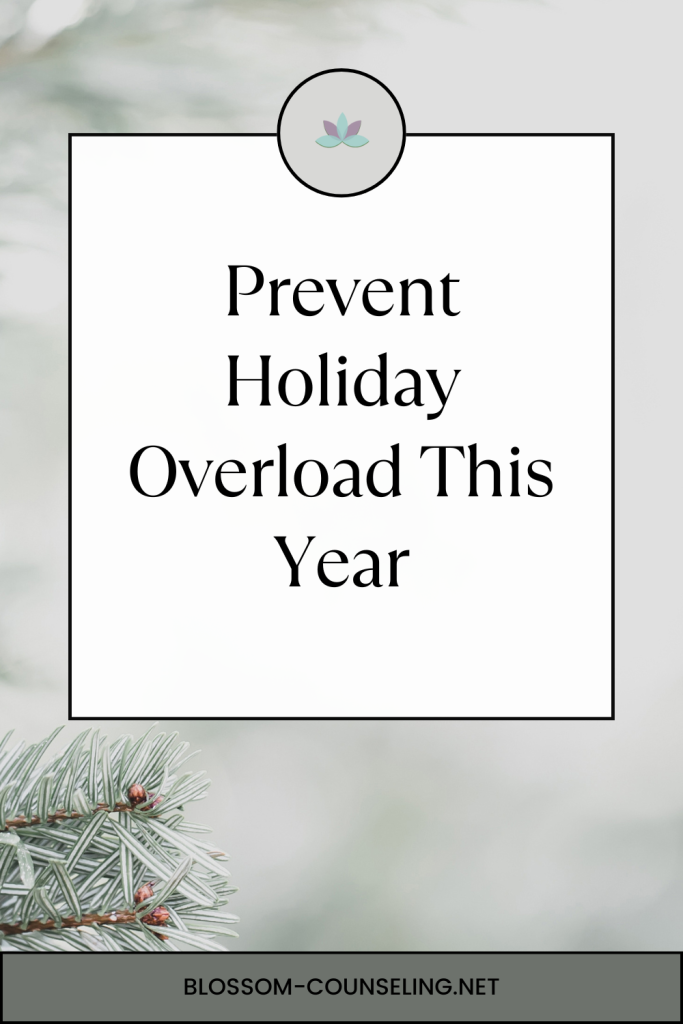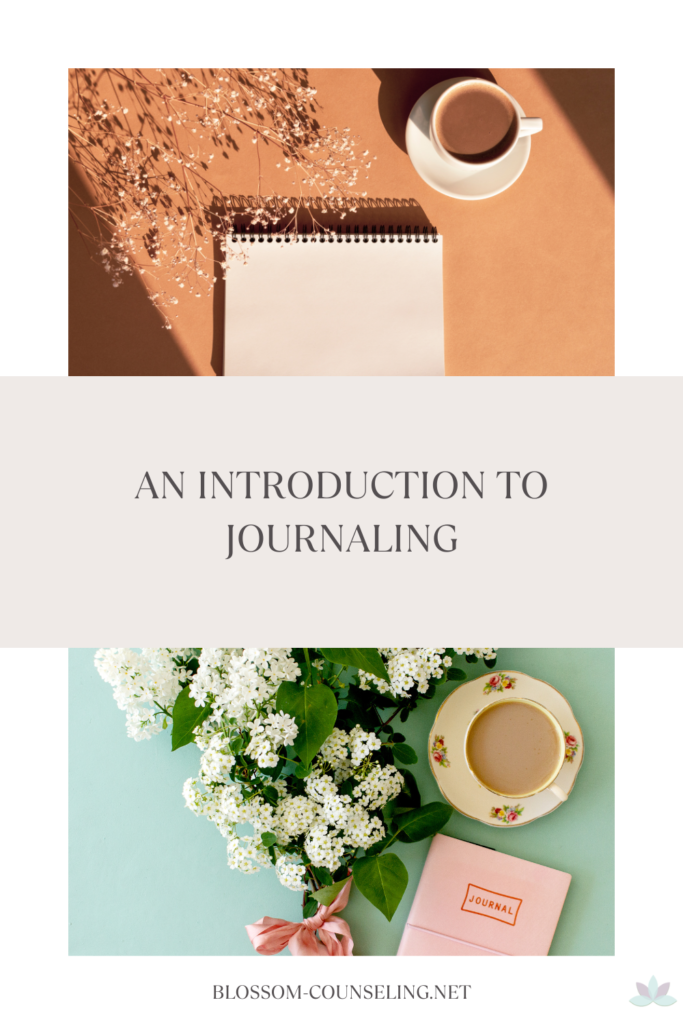
Whether it is the SATs or a test in math class, test anxiety plagues many high schoolers. Students experience a lot of pressure, both external and internal, to do well on exams, but the anxiety often has a counterproductive effect. Of course a little stress can be helpful. If there is no stress at all, there is often no motivation to try to do well. On the other hand, feeling overly stressed, with a racing heart and sweaty palms, can lead to silly mistakes. If you have a big test coming up, or know that you’re prone to test-related stress or anxiety, take a look at some of these tips!
Study Tips – Before you sit down to take a test, make sure you remember these Three R’s for studying effectively!
Routine: Being consistent with your study times, especially for a big test like the SATs, helps to ensure better preparedness. Giving yourself a schedule, for example studying half an hour each evening, helps to make sure you spread out your reviews instead of cramming the night before. Also, having a designated place to study free of distractions is very important!
Retention: Reading over your notes is unlikely to be enough for true material retention. Instead, try writing things down as you go along. Making note cards or flashcards can be helpful, since writing helps cement things in your memory. Even more helpful is to teach it to someone else. If you can understand a subject enough to tell someone else about it, you understand it well!
Relax: If you’re feeling overwhelmed, it is OK to take a break and unwind a little bit. Too much forced studying can have negative effects on memory – if you’re too stressed or tired, your brain won’t hold the information. Take a walk, a nap, or something else to rest your brain, then come back to the material. Remember: it’s quality over quantity when it comes to studying!
The night before the test, make sure to get enough sleep, and eat something in the morning. Even if you feel too stressed to eat a big breakfast, having something in your stomach is important for your brain to have enough energy. Speaking of energy, try to avoid caffeine if you are prone to anxiety, as it can make it worse!
Taking a test – you’ve studied all you can, and sit down with your number 2 pencils ready to go. Now what?
For some, it can help to look through the whole test to see the types of questions that will come up. It can also be helpful to start with the easier questions to build up some confidence and momentum. However, for some, seeing all the questions at once can be overwhelming, and prefer to just go one at a time. Know which type of tester you are and do which works better for you.
READ THE QUESTIONS, more than once! So many simple mistakes come from not fully reading the questions, and therefore not fully answering the questions or missing a key word. Know what types of key phrases or words may come up on your test (for example “which is most correct” was a frustrating but common phrase on many exams).
Take your best guess. If you really don’t know the answer, you are often better off taking an educated guess than just skipping it. If you can, narrow down the answer choices and go with your gut. Chances are, even if you don’t *remember* the answer, if you studied well, your brain will often still lead you to the right one.
Go over it again. If you have enough time, go back and check your work. If the exam uses bubble sheets, make sure the answers you colored in line up with the numbers on the exam. You don’t want to fail for being one number off.
Ok, but I’m still so stressed! Help!
Deep breaths. With control, slowly breathe in through your nose while counting to 4, hold your breath while counting to 4, and slowly breathe out again while counting to 4. This is known as Box Breathing or Square Breathing and helps to get the heart rate down and oxygen up so your brain and body are ready to focus.
Relax your muscles. When we get stressed, our muscles tend to tense up, which then subconsciously makes us more stressed! Purposefully tensing and then relaxing your muscles can calm the body down a lot. Crunch your toes up, make fists, and squeeze your shoulders to your ears, hold for a few seconds, and then let it all go. Notice a difference?
Positive self-talk. It may sound cheesy, but a little self-pep-talk can go a long way. Even small phrases like “I can do this” or “it’ll be OK” can help reduce anxiety. There are often a lot of negative self-thoughts when it comes to taking a test “this is too hard”, “I’m not smart enough for this,” which makes the anxiety worse and can become a self-fulfilling prophecy. Breaking those thoughts up to be more positive can help you feel more calm and in control. Especially if you practice it often, even while studying!
Testing can be stressful, and while no one really enjoys it, they are unfortunately a big part of education. Remember to take breaks, and just do your best. You got this!




